During the past week, I spent time learning about dehydration and why it is worth all of the work, and it is a tremendous amount of work. I dehydrated bananas, strawberries, navel oranges, Cara Cara oranges, and fuji apples. Apples are my favorite for snacking. Teddy and Bear love the bananas.
Dehydrating fruits and vegetables has become popular among health-conscious eaters due to its many benefits. Dehydrating fruits concentrate their flavor, preserve vitamins and minerals, reduce storage space, and make snacking more convenient. Moreover, several different methods for dehydrating allow you to tailor the process to suit your individual needs, whether you’re aiming for a crunchy or chewy texture or a certain level of dehydration. Removing moisture from perishable foods makes them more durable and thus have a longer lifespan. Ultimately, learning how to dehydrate your favorite fruits and vegetables properly opens up new possibilities in the kitchen and makes incorporating healthy snacks into your daily routine easier.
Dehydrating apples is a great way to store and preserve the fruit while still accessing its health benefits. Apples are packed with dietary fiber, vitamins, minerals, and antioxidants that can help keep your body healthy. Dehydrating apples helps remove excess moisture from the fruit and lasts for months without losing its nutritional value.
Here’s the steps to dehydrate apples:
- Start by selecting good-quality apples in season. Be sure they’re ripe but not overripe to ensure maximum flavor. Wash the apples well and pat them dry before cutting them into thin slices (about 1/8 inch thick).
- Prepare a bowl with two quarts of cool water and 1/2 cup lemon juice to place the sliced apples. Keep the sliced apples in the water and lemon mixture for 10 minutes, then drain them in a colander.
- Place the apple slices on dehydrator trays. Ensure the slices are not overlapping, dehydrate at 145 degrees Fahrenheit for 1 hour, and then reduce the temperature to 135 degrees Fahrenheit for ten to twelve hours until crisp.
- Store dehydrated apples in an airtight container away from direct sunlight. They’ll keep for up to three months if stored properly, meaning you can have access to healthy snacks all year round!
- You can also add flavor to dehydrated apples by soaking them in a mixture of apple juice, cinnamon, and sugar before dehydrating them. This will give them a unique sweet taste that’s perfect for snacking on or adding as an ingredient to baking recipes.
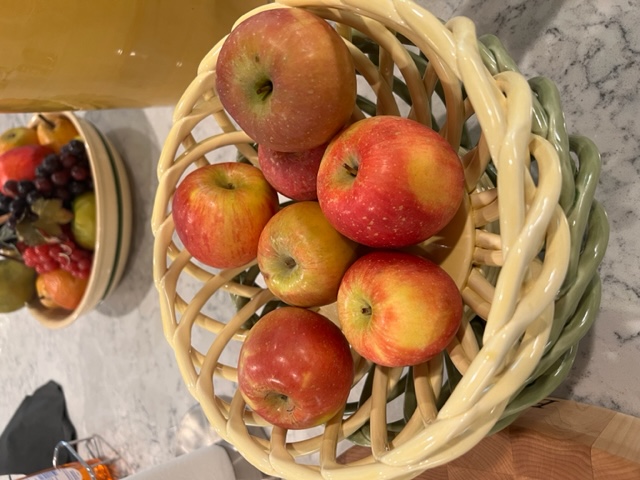
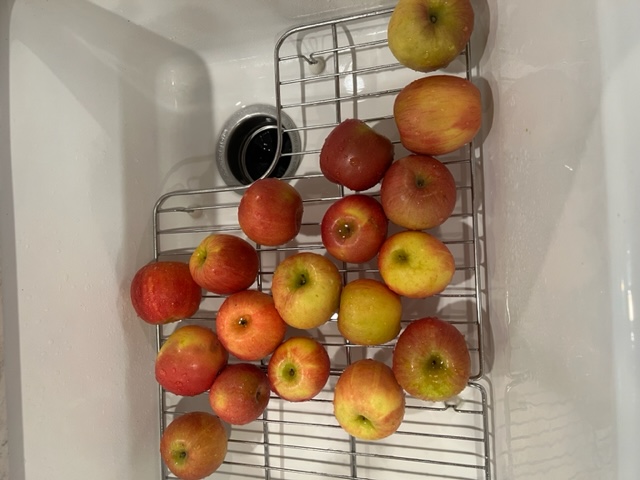
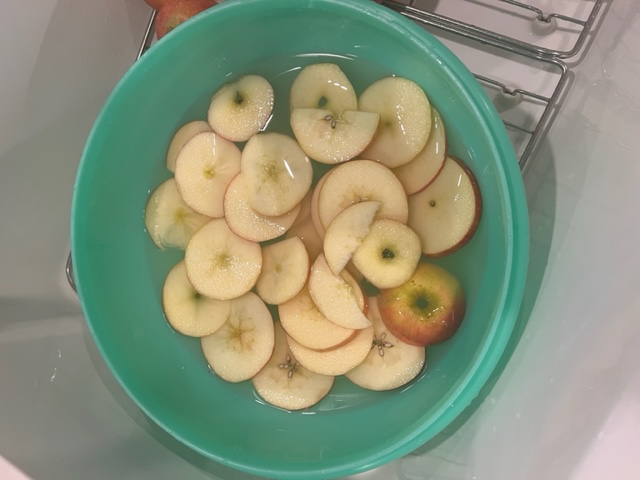

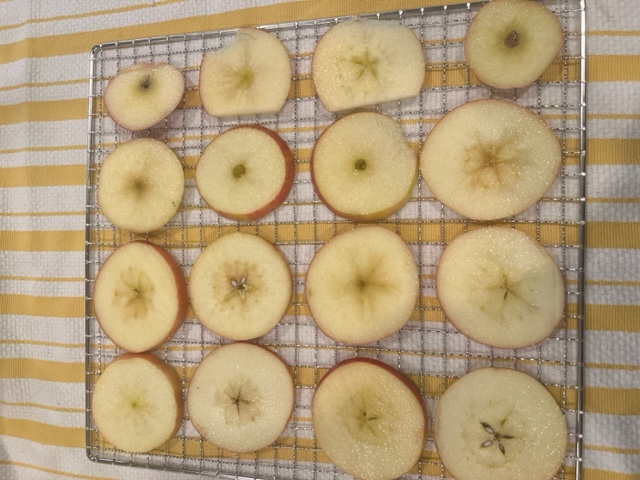
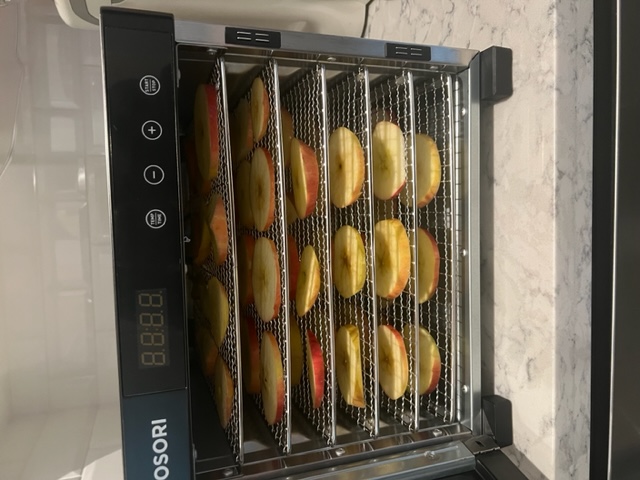
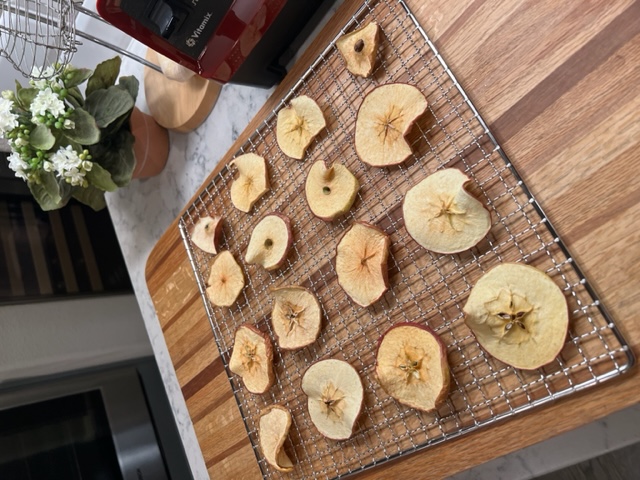
Note: You can rehydrate your dehydrated apples by soaking them in warm water for about 20 minutes. This will bring back the original texture and flavor of the apple slices, making them ready to eat or use as an ingredient in recipes.
You can enjoy dehydrated apples all year round. With dehydrated apples, you’ll get all the health benefits of fresh fruit while having access to shelf-stable snacks that last much longer. So if you have been considering dehydrating fruit, especially apples, I encourage you to try dehydrating apples and other fruit!
Thank you for reading this blog post, and if you have any questions or comments, please leave them in the Comments section below.
© 2019 I Don’t Know All The Answers, Nikki Mastro
All of my photographs and documents are Copyrighted.
